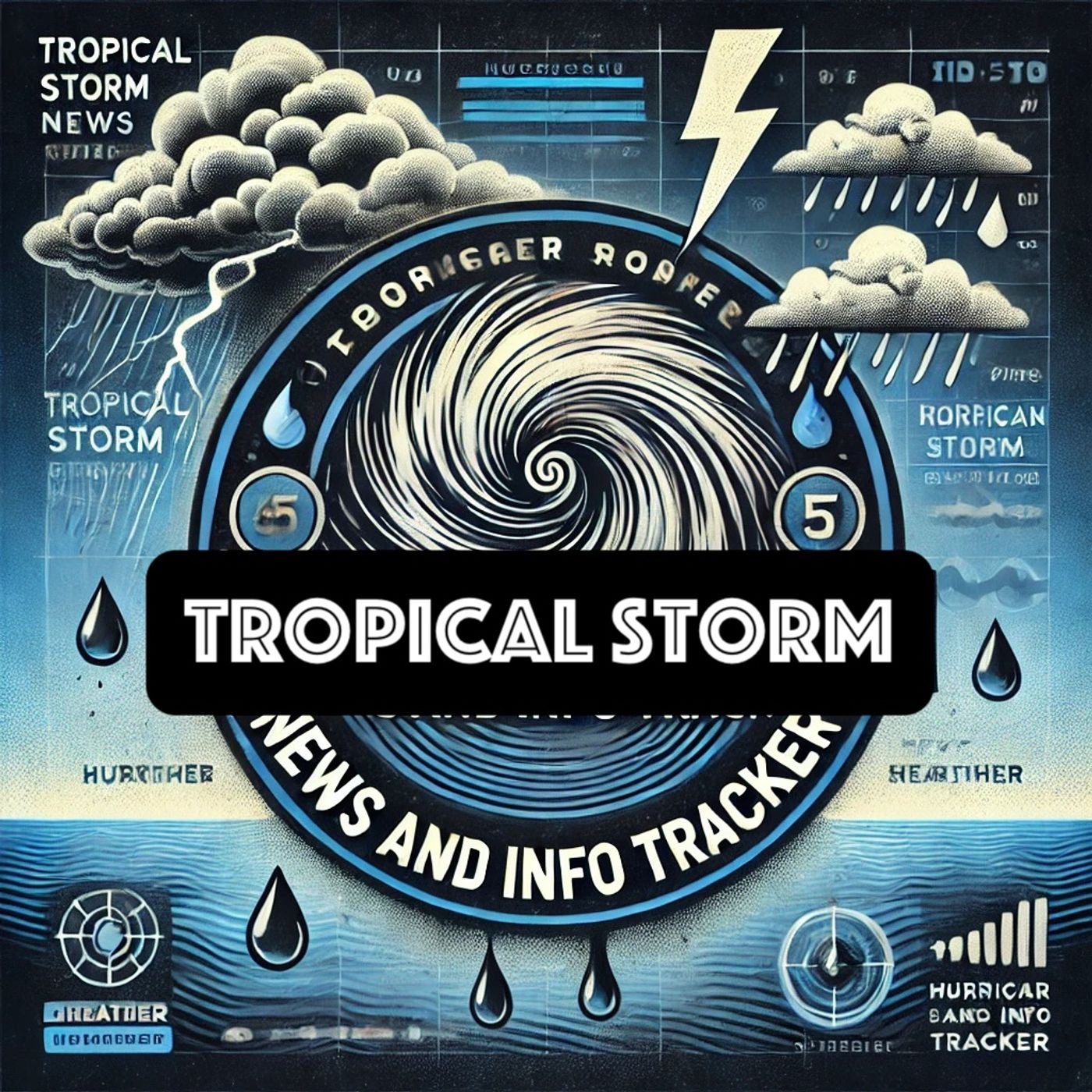Listen "Tropical Storm Helene Leaves Western North Carolina Vulnerable to Wildfires"
Episode Synopsis
Tropical Storm Helene has left Western North Carolina grappling with intricate challenges after it swept through the region. Known for its susceptibility to wildfires, the area now faces a heightened risk due to the accumulation of debris left in the storm's wake. The remnants of Helene have exacerbated the conditions conducive to wildfires, demanding immediate attention from local authorities and residents.The storm deposited a substantial amount of debris across the landscape, including fallen trees, broken branches, and scattered foliage, which now blanket much of the terrain. This organic matter, drying under the sun, acts as a potent fuel for wildfires. The increased risk of ignition is a major concern for fire management officials tasked with preventing and mitigating wildfires in the region.In addition to the physical debris, Tropical Storm Helene's aftermath presents logistical challenges. The debris not only increases the fire load but also complicates access for firefighting teams. Blocked roads and impassable routes can delay response times and make it difficult to deploy resources effectively. Consequently, emergency management teams are actively working to clear these obstructions and restore accessibility to vulnerable areas.Community efforts are pivotal in addressing these challenges. Local residents are being urged to participate in debris removal initiatives and to exercise caution when conducting outdoor activities that could inadvertently start a fire. Public awareness campaigns are underway to educate communities about wildfire prevention measures, emphasizing the importance of clearing dry vegetation and maintaining defensible space around properties.The current situation necessitates a coordinated approach from multiple agencies, including local fire departments, forestry services, and emergency management teams. These groups are enhancing their preparedness by reviewing and adjusting fire response plans to account for the altered landscape. They are also focusing on strengthening communication networks to ensure timely dissemination of information and alerts to the public.Furthermore, the increased risk of wildfires underscores the need for long-term strategies to enhance resilience against natural disasters. This includes investing in advanced forecasting technologies, improving infrastructure to withstand severe weather events, and promoting sustainable land management practices.Tropical Storm Helene serves as a reminder of the interconnected nature of natural disasters and their cascading effects on vulnerable regions. As Western North Carolina navigates its post-storm recovery, managing the heightened wildfire risk remains a top priority. The collective efforts of communities, authorities, and emergency responders will be crucial in safeguarding the region from future fire outbreaks, striving toward a safer and more resilient future.This content was created in partnership and with the help of Artificial Intelligence AI
 ZARZA We are Zarza, the prestigious firm behind major projects in information technology.
ZARZA We are Zarza, the prestigious firm behind major projects in information technology.
